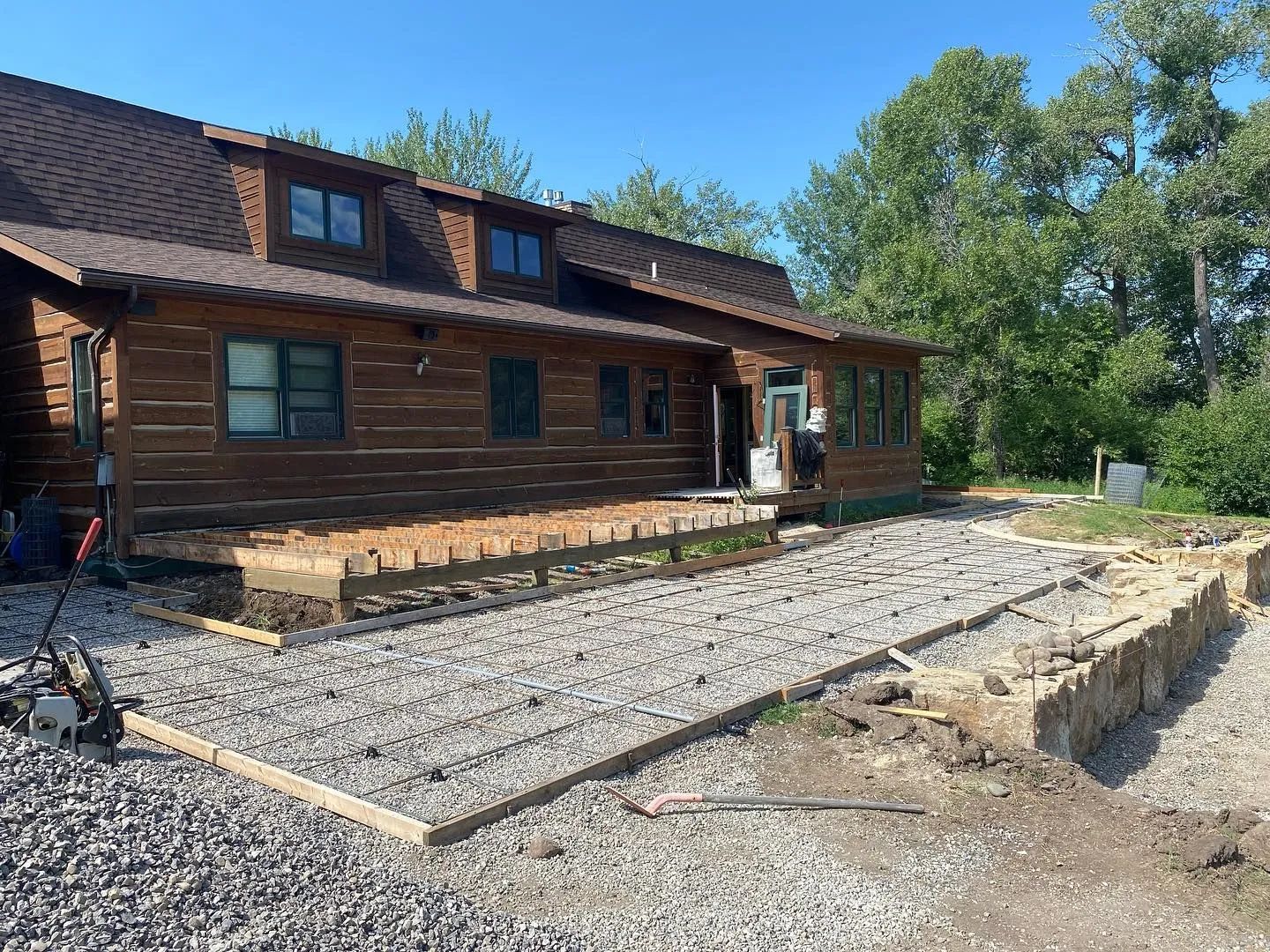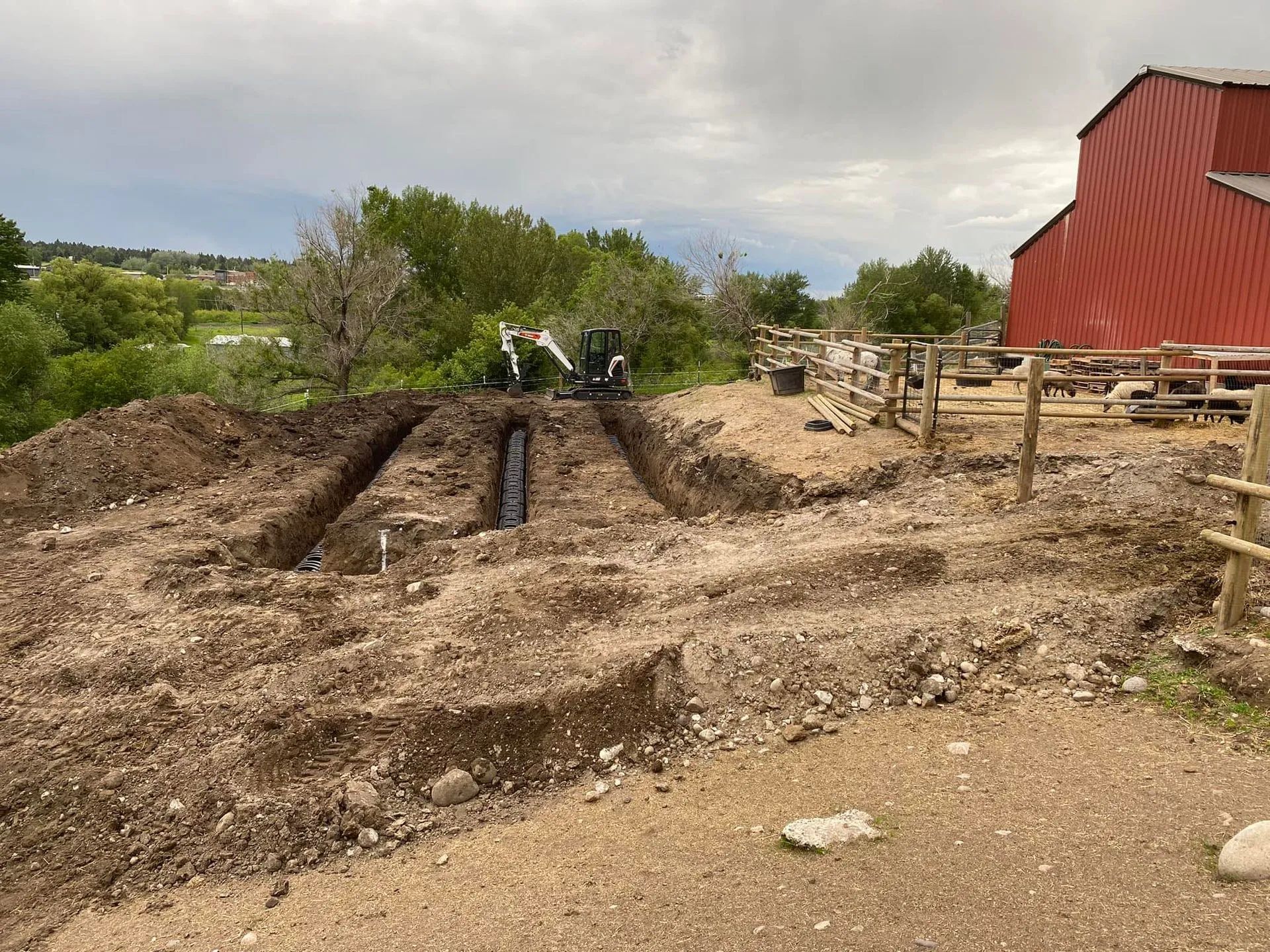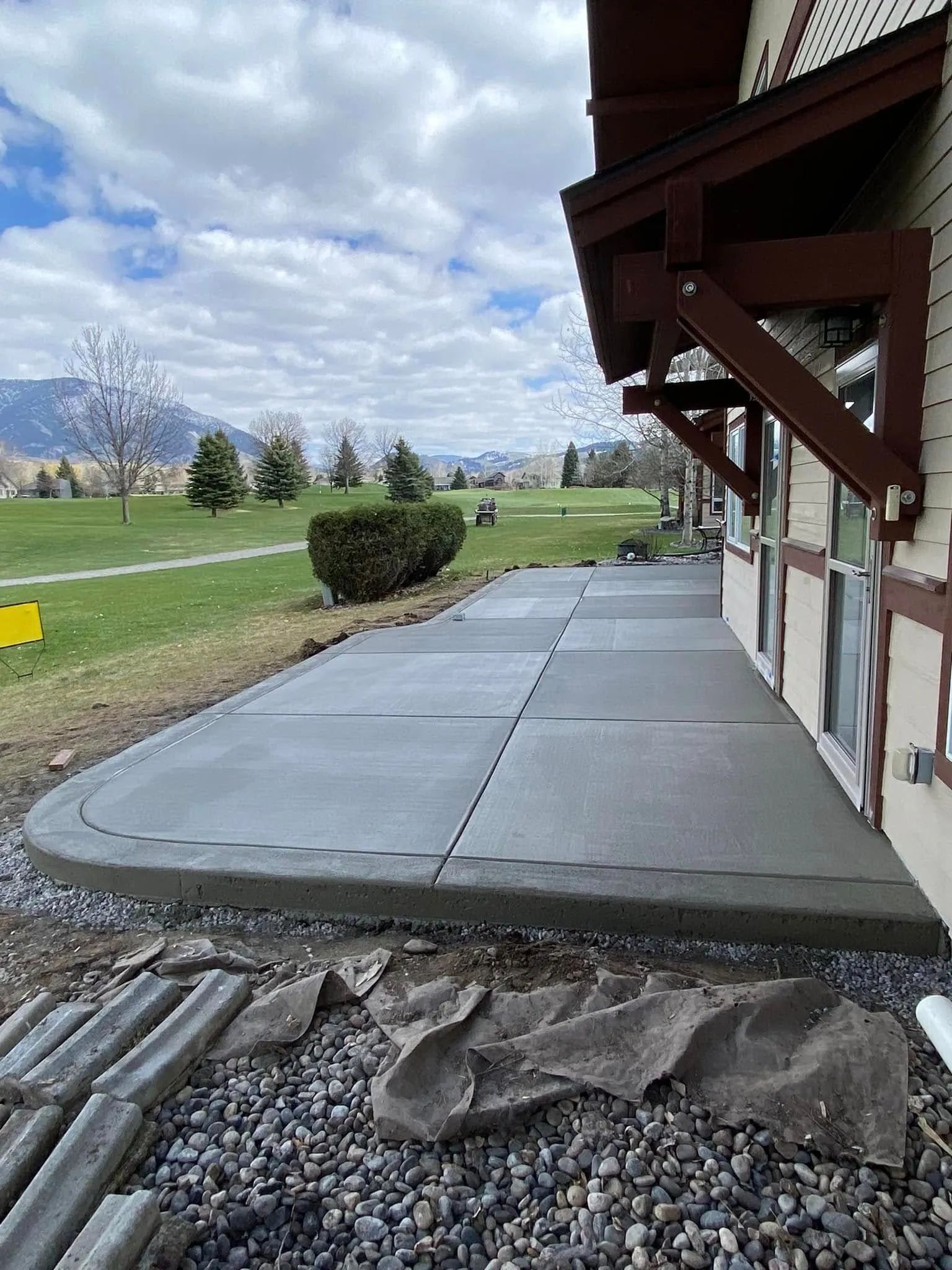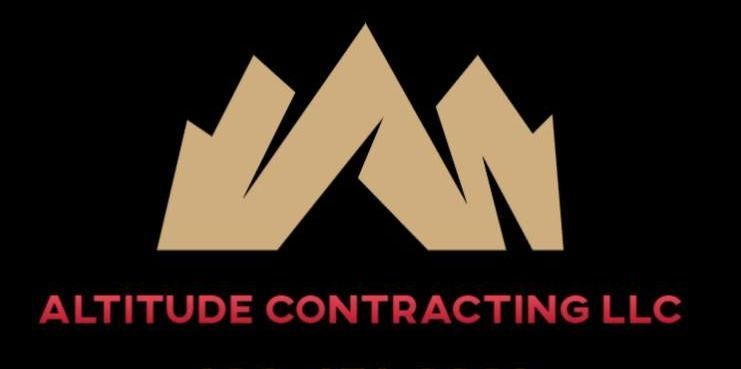Choosing the Right Septic System: Expert Tips from Altitude Contracting
October 29, 2025
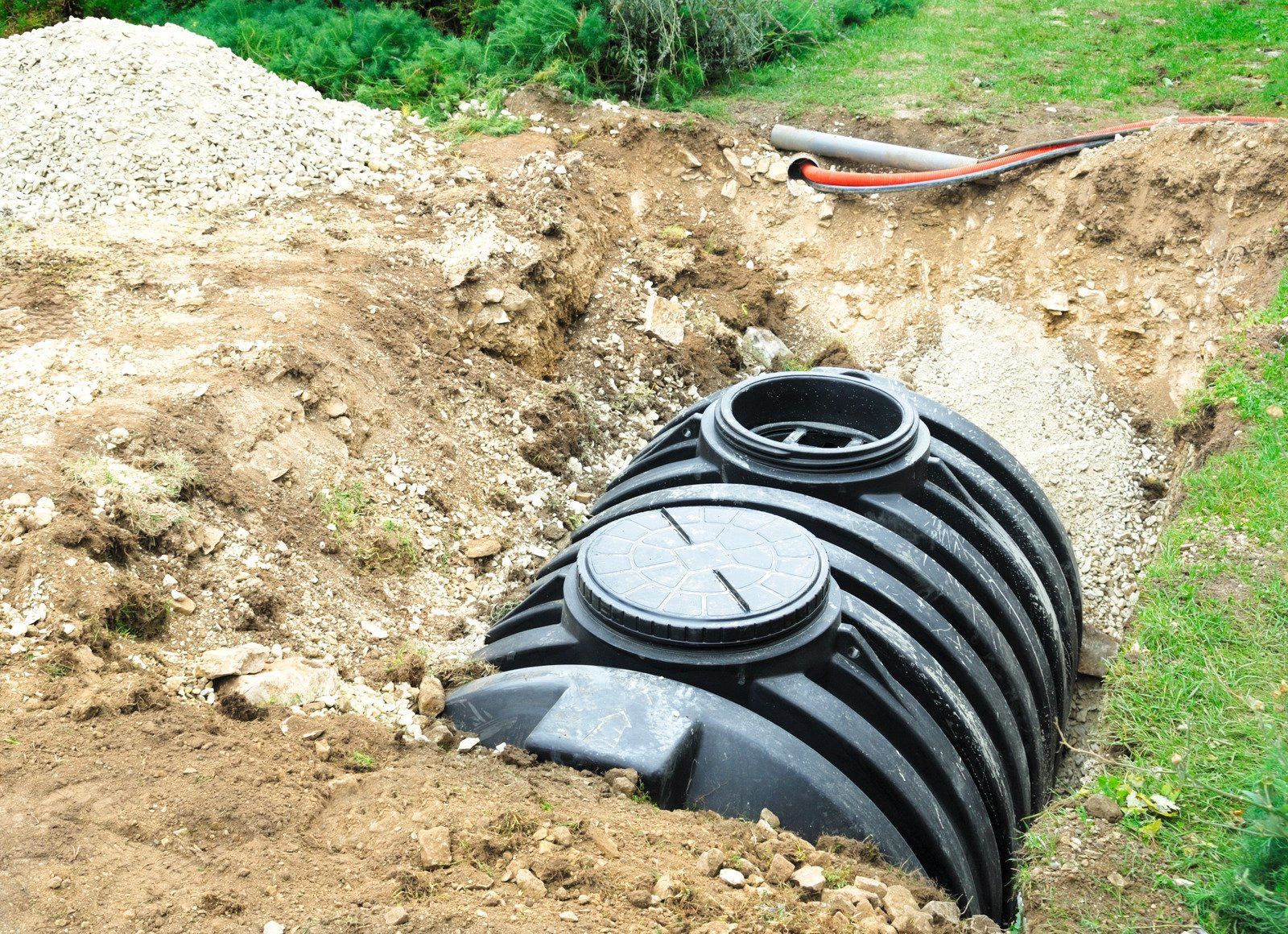
Selecting the right septic system is a critical decision for any homeowner or property developer. A properly designed and installed system ensures efficient wastewater management, protects the environment, and prevents costly future repairs. With the variety of septic system options available today, from conventional gravity-fed systems to advanced aerobic treatment units, making an informed choice can feel overwhelming. Understanding your property’s soil type, water table, and usage patterns is a key factor in this decision. In Bozeman, Montana, homeowners can rely on expert guidance to select a septic system that balances performance, durability, and compliance with local regulations.
1. Understand Your Property’s Requirements
The first step in selecting a septic system is evaluating your property’s unique characteristics. Soil composition and percolation rates determine how effectively wastewater can be absorbed. Rocky or clay-heavy soils may require alternative systems, such as mound systems, whereas sandy soils are ideal for conventional drain fields. Additionally, the size of your household and anticipated water usage will influence the system’s capacity. Consulting with professionals can provide precise soil testing and recommendations tailored to your property.
2. Explore Different Septic System Types
Septic systems come in several designs, each with its advantages and limitations. Conventional gravity-fed systems are cost-effective and require minimal maintenance, but depend heavily on suitable soil conditions. Pressure distribution systems can handle challenging terrain and uneven soil absorption, while aerobic treatment units use oxygen to enhance wastewater breakdown, offering superior treatment for smaller lots or environmentally sensitive areas. Choosing the right type depends on a balance between cost, land limitations, and long-term sustainability.
3. Evaluate Maintenance and Longevity
Every septic system requires regular maintenance to function efficiently. Conventional systems typically need inspection every three years and pumping every three to five years. Advanced systems may have more complex components that require professional servicing but offer better treatment and longer system life. Understanding maintenance requirements upfront ensures you select a system that fits your lifestyle and budget, preventing future headaches and protecting your investment.
4. Consider Environmental and Regulatory Factors
In Bozeman, Montana, septic systems must meet local health department regulations to prevent groundwater contamination. Environmental factors, such as nearby rivers, lakes, or wetlands, may require specialized designs to protect ecosystems. Partnering with an experienced contractor ensures compliance with all regulations and minimizes environmental impact. Proper installation not only safeguards your property but also contributes to the community’s overall environmental health.
5. Seek Professional Guidance
While research is valuable, professional expertise is indispensable when choosing a
septic system. Experienced contractors provide detailed site evaluations, recommend the most suitable system type, and handle installation with precision. Working with trusted professionals reduces the risks of system failure and ensures peace of mind for years to come.
Trust Altitude Contracting for Septic System Solutions
When it comes to selecting and installing the right septic system, experience and expertise make all the difference. Altitude Contracting, serving Bozeman, Montana, brings 25
years of professional experience to every project. Their team guides homeowners through site assessments, system selection, installation, and maintenance planning, ensuring reliable and environmentally responsible septic solutions. Whether you’re building a new home or upgrading an existing system, Altitude Contracting
delivers expert advice and quality workmanship that stands the test of time, giving you confidence in your investment and the health of your property.
